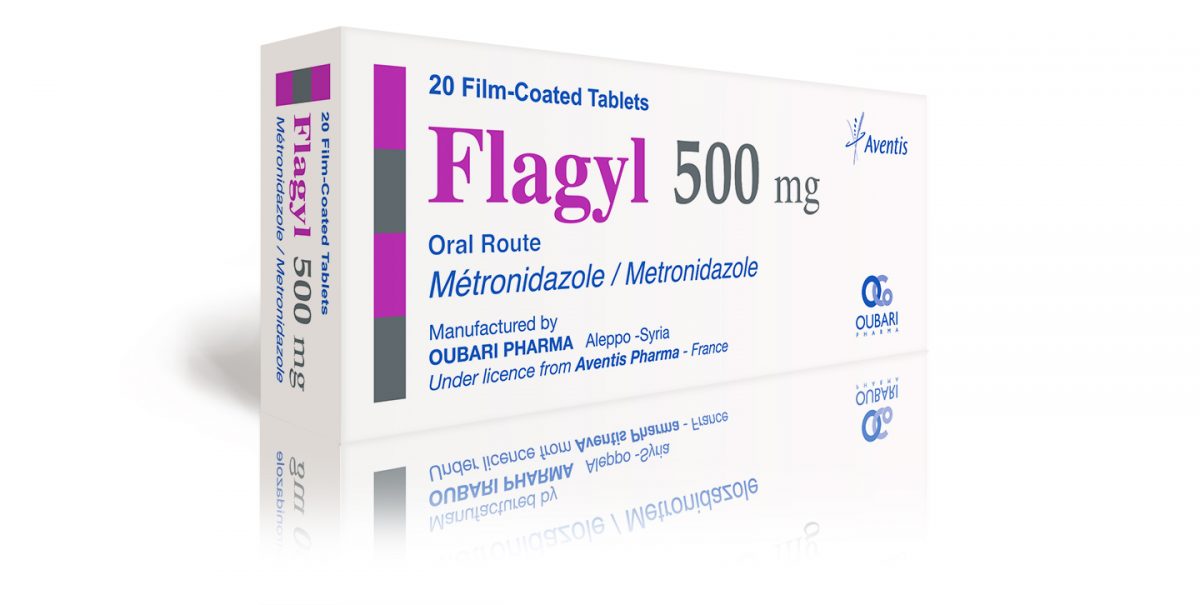Vitamin D deficiency is relatively common, with an estimated prevalence between 19% and 77% in the United States.1,2 Low serum 25(OH)D levels have been associated with increased cardiovascular and all-cause mortality3 and other adverse outcomes.4,5 Further, vitamin D supplementation is safe and low cost. However, associations between vitamin D supplementation and various outcomes have been mixed or have not been definitive,6 and there is limited evidence that population-based screening for vitamin D deficiency improves outcomes.

